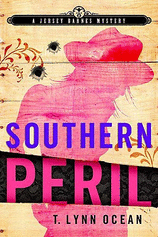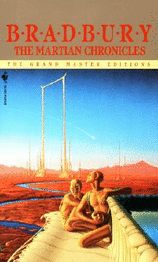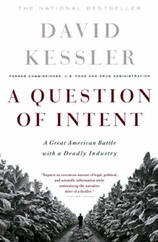The current featured contributor to
Writers Read: Kevin Kenny, author of the newly released
Peaceable Kingdom Lost: The Paxton Boys and the Destruction of William Penn’s Holy Experiment.
His entry begins:
I am currently reading Peter Kolchin’s American Slavery, 1619-1877. A classic in its field,  American Slavery was first published in 1993. The current Tenth Anniversary edition comes with a new Preface and Afterword by Kolchin. Accessible to specialists and general readers alike, this elegantly written book covers the period from the beginnings of American slavery through the Civil War and Reconstruction. Kolchin offers a remarkably balanced account of a highly contentious topic, viewing the “peculiar institution” from the perspectives of the slaves, the slave owners, non-slaveowning Southerners, and Northern observers across the political spectrum. He shows how American slavery, far from being a static or monolithic evil, changed over time and spread across space, assuming very different forms in different periods and places. And he interweaves the relevant scholarly controversies into his narrative with a nice, light touch. As the author of Unfree Labor (1990), a study of American slavery and Russian serfdom, Kolchin also excels at placing his subject in comparative contexts, especially Brazil and the Caribbean. He describes American Slavery, 1619-1877 as a “short, interpretive survey” and it is without question the best of its kind.[read on]
American Slavery was first published in 1993. The current Tenth Anniversary edition comes with a new Preface and Afterword by Kolchin. Accessible to specialists and general readers alike, this elegantly written book covers the period from the beginnings of American slavery through the Civil War and Reconstruction. Kolchin offers a remarkably balanced account of a highly contentious topic, viewing the “peculiar institution” from the perspectives of the slaves, the slave owners, non-slaveowning Southerners, and Northern observers across the political spectrum. He shows how American slavery, far from being a static or monolithic evil, changed over time and spread across space, assuming very different forms in different periods and places. And he interweaves the relevant scholarly controversies into his narrative with a nice, light touch. As the author of Unfree Labor (1990), a study of American slavery and Russian serfdom, Kolchin also excels at placing his subject in comparative contexts, especially Brazil and the Caribbean. He describes American Slavery, 1619-1877 as a “short, interpretive survey” and it is without question the best of its kind.[read on]
Kevin Kenny is Professor of History at Boston College, where he teaches the history of Atlantic migration and popular protest in the eighteenth and nineteenth centuries. In addition to
Peaceable Kingdom Lost (Oxford University Press, 2009), he is the author of
The American Irish: A History (Longman, 2000), and
Making Sense of the Molly Maguires (Oxford University Press, 1998); and contributing editor of
 New Directions in Irish-American History
New Directions in Irish-American History (University of Wisconsin Press, 2003) and
Ireland and the British Empire (Oxford University Press, 2004). He teaches courses on the history of American immigration, race, and ethnicity.
Read
more about Peaceable Kingdom Lost at the Oxford University Press website, and see the related essay in the
Philadelphia Inquirer, “The ‘holy experiment’ was too good to last,” and his recent entry on
OUPblog,
“Immigrants and Native Americans.”Learn
more about Kevin Kenny's scholarship at his Boston College faculty webpage.
Writers Read: Kevin Kenny.
--Marshal Zeringue
I'm heading toward the end of nine months of research for my next book. That means I've read around 120 books, all non-fiction, as well as several hundred articles. The problem with research is not only that so much of it is dry, most of it is happens to be irrelevant to your own end-result, but even the author doesn't know exactly where he or she is heading at this stage. Among the dross, I read many first rate books, two of which, Nelson Mandela's Long Road to Freedom and Walter Russell Mead's God and Gold stand out.
accomplishments, always pushing outwards, reaching outwards, observing, even when all he had was...[read on]















































